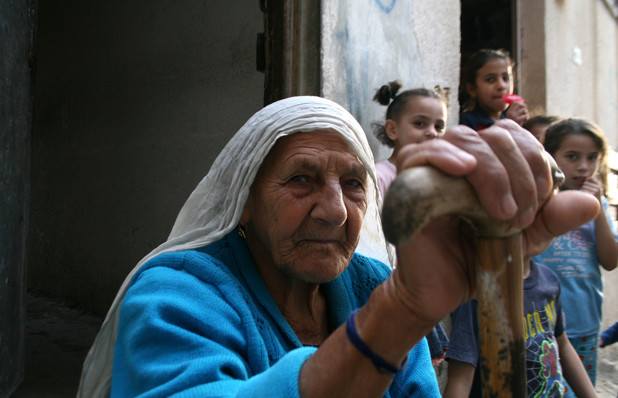Tag: Displacement
-
Gaza researchers determined to record Nakba generation before time runs out
28th October 2013 | The Electronic Intifada, Joe Catron | Gaza City, Occupied Palestine Tucked into a quiet basement suite in the main building of the immaculate Islamic University of Gaza campus, the Oral History Center could at first be mistaken for a bursar or registrar’s office. But its stacks of metal filing cabinets may contain more memories…
-
Israeli occupation forces demolish an entire Bedouin community in Beit Hanina
22nd August 2013 | International Solidarity Movement, Ramallah Team | Beit Hanina, Occupied Palestine On the morning of the19th August, two hundred soldiers in thirty-eight jeeps and with two military dogs dismantled several tents housing the Tal ‘Adasa Bedouin community in the Jerusalem neighborhood of Beit Hanina. At around 6am, Israeli soldiers surrounded the Bedouins tents,…
-
House demolitions and forced displacments in Area C
By Abu Sarah 2 September 2012 | International Solidarity Movement, West Bank Demolishing tents donated by the UN On August 28 Israeli occupation forces demolished tents donated by the United Nations (UN) in the Palestinian village of Susiya in the South Hebron hills. This is the second similar demolition within three months. Displacement in Zenuta…

